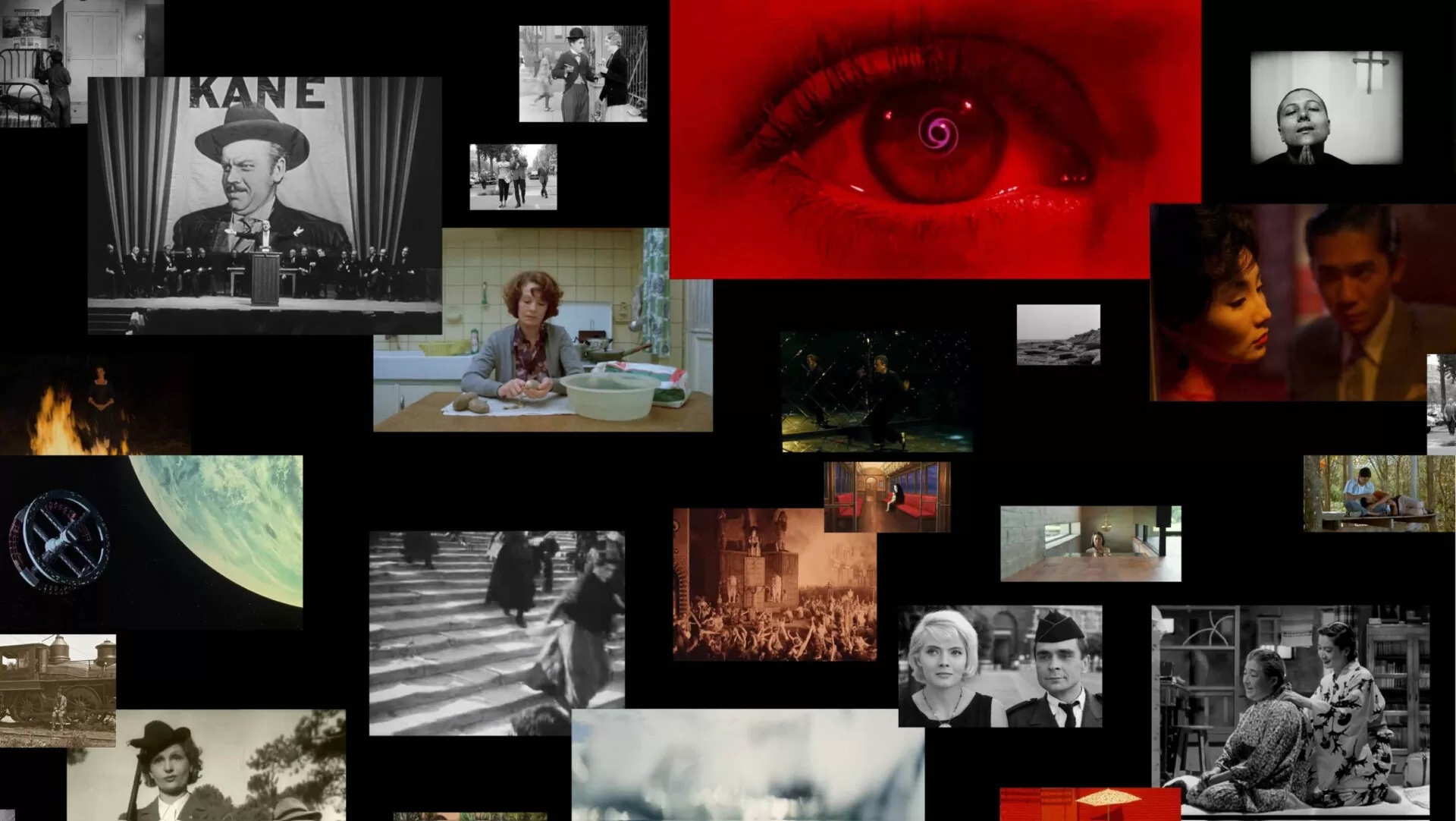Filmmaking | In the ever-evolving world of cinema, certain movies emerge as trailblazers, not merely for their entertainment value but for their transformative influence on the very essence of storytelling. Join us on a journey through the top 10 films that, with audacious innovation and creative brilliance, have undeniably altered the landscape of filmmaking.
1. Citizen Kane (1941): Unveiling Emotional Depths through Cinematic Brilliance
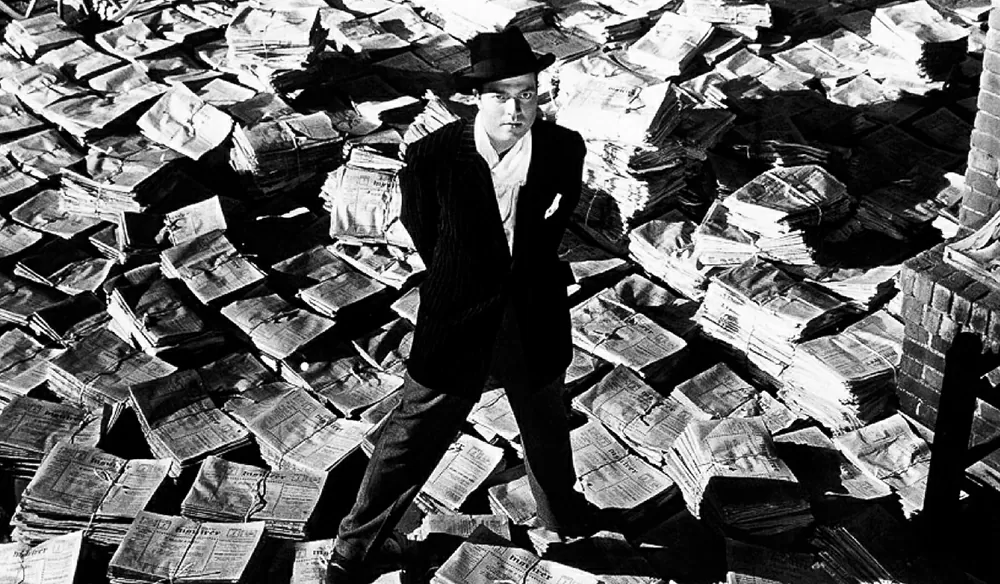
Orson Welles’ “Citizen Kane” stands as a testament to the transformative power inherent in film-making. It transcends the boundaries of intricate narrative and groundbreaking visuals; Welles infuses emotional depth into the tragic tale of Kane, becoming a reflective mirror of the complexities of the human soul and forever reshaping the cinematic terrain.
2. 2001: A Space Odyssey (1968): A Visual Symphony Echoing Across Generations
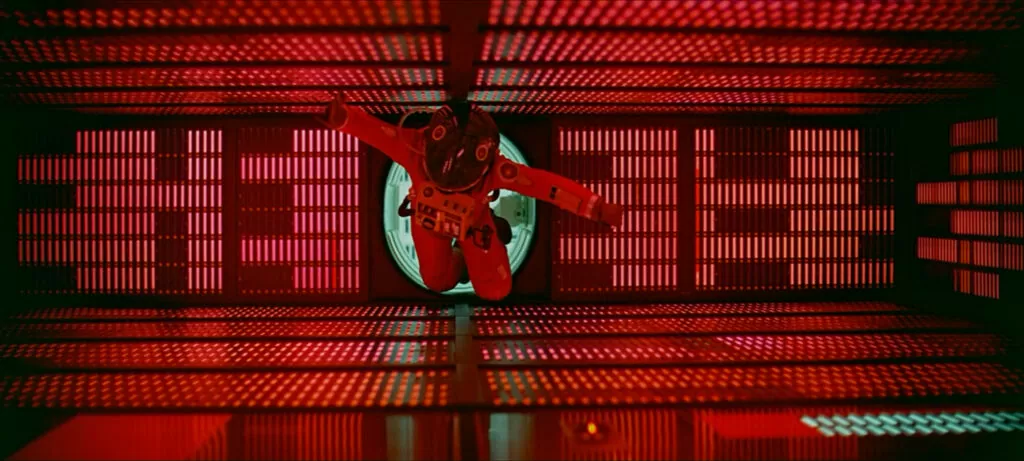
Stanley Kubrick’s “2001: A Space Odyssey” goes beyond traditional narrative, creating a visual symphony that fundamentally altered the sci-fi genre. This film emotionally captivates audiences across generations, prompting contemplation about our place in the cosmic tapestry and the profound mysteries of the universe.
3. Star Wars (1977): Galactic Transformation of Film-Making
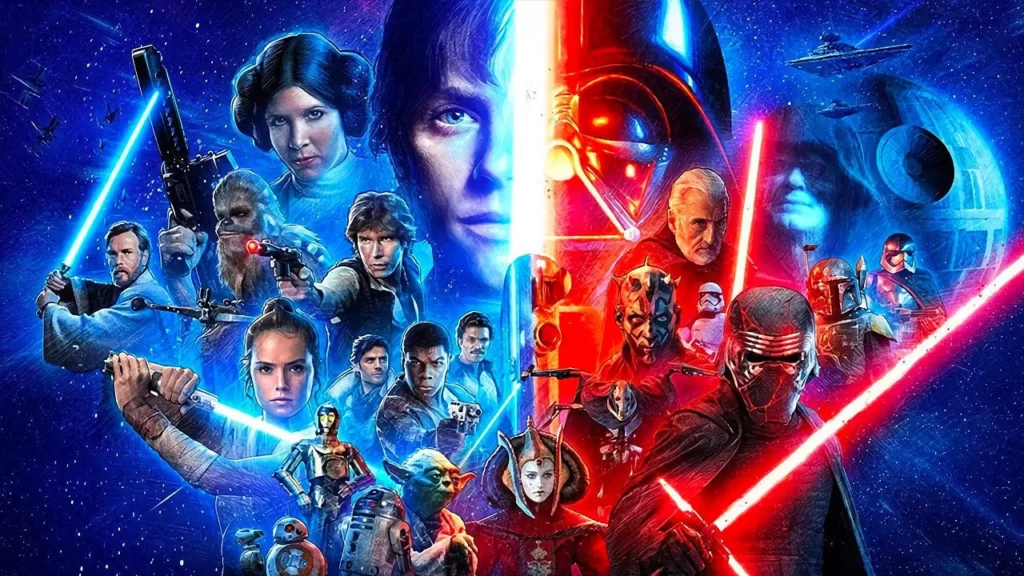
George Lucas’s “Star Wars” is not just a sci-fi revolution but a fundamental transformation of filmmaking. The emotional resonance of heroism and epic battles in a galaxy far, far away recalibrated audience expectations, turning the film into a cultural phenomenon that still resonates emotionally.
4. Pulp Fiction (1994): Shattering Narrative Norms with Emotional Intensity
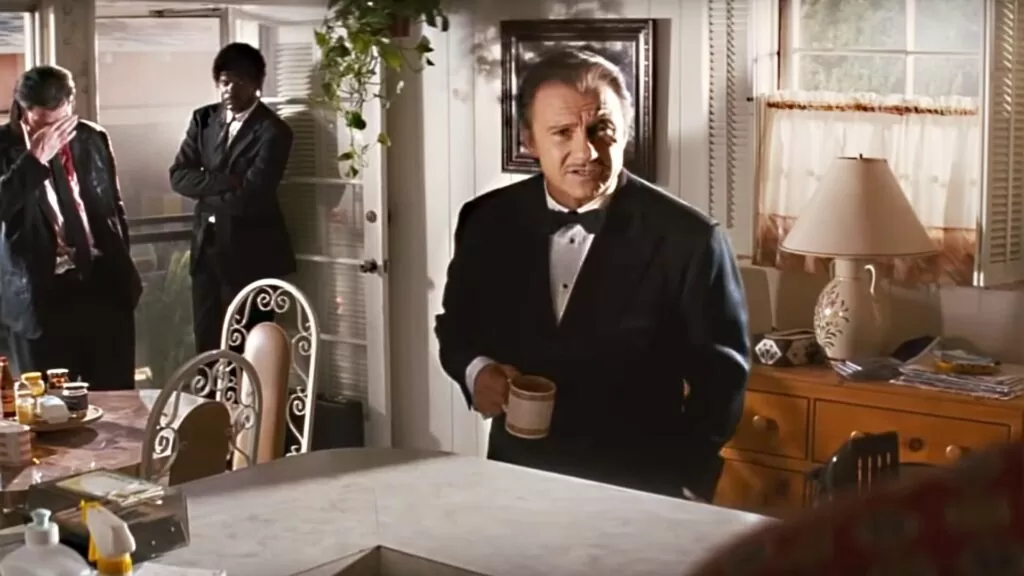
Quentin Tarantino’s “Pulp Fiction” shattered conventional narrative structures, introducing nonlinear storytelling that left an indelible mark on film-making. The bold dialogue, eclectic soundtrack, and unconventional structure heightened emotional intensity, ushering in an era of experimentation in storytelling.
5. The Matrix (1999): A Mind-Bending Emotional Odyssey
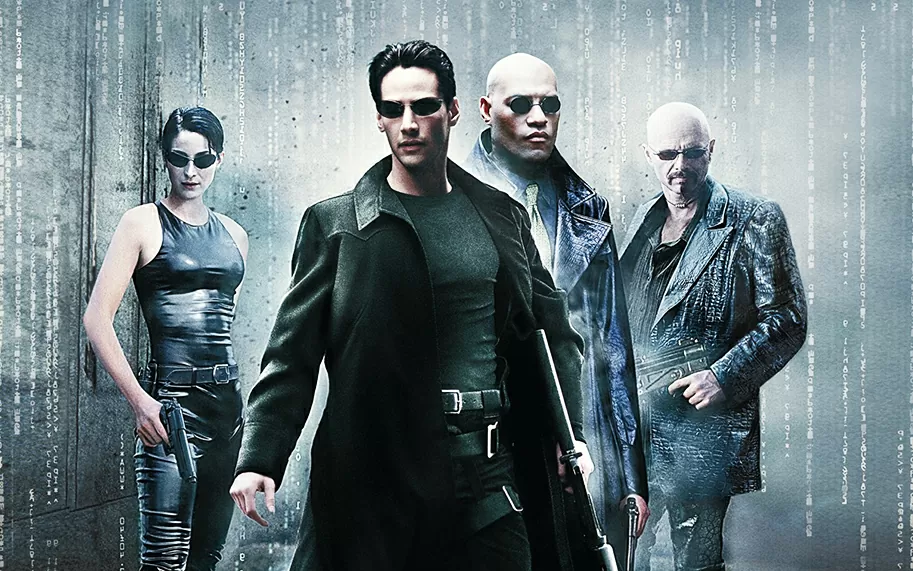
The Wachowskis’ “The Matrix” didn’t just redefine action; it introduced revolutionary visual effects that changed the trajectory of filmmaking. The emotional journey of self-discovery and resistance against the simulated reality became a visceral experience, setting new standards for cinematic innovation.
6. Avatar (2009): A Visual and Emotional Feast Transforming Perspectives
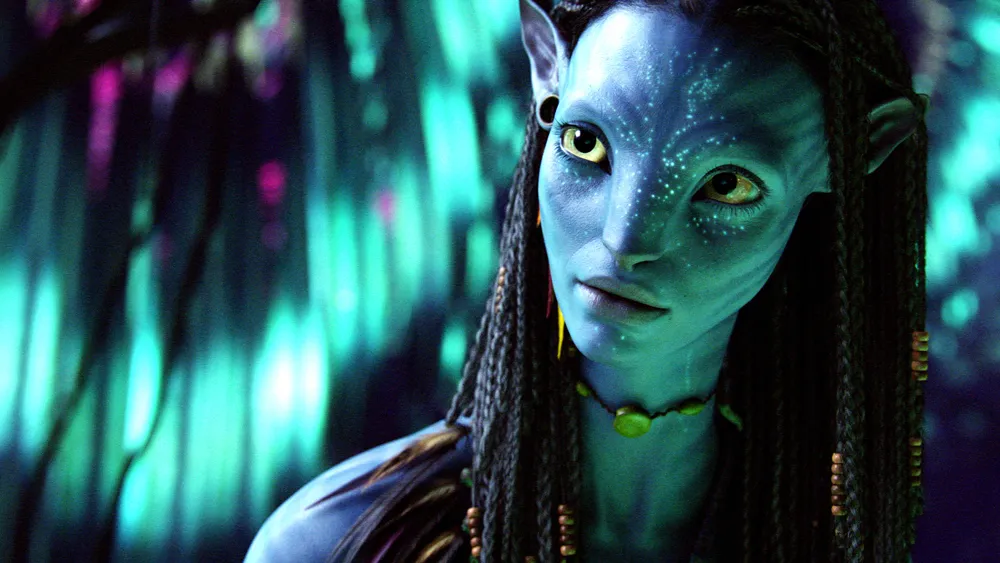
James Cameron’s “Avatar” revolutionized film-making with groundbreaking 3D technology and motion capture. The film’s immersive world-building and visual spectacle marked a paradigm shift, delivering an emotionally resonant cinematic experience that lingers long after leaving the theatre.
7. Breathless (1960): Liberation of Cinematic Expression and Emotional Journeys
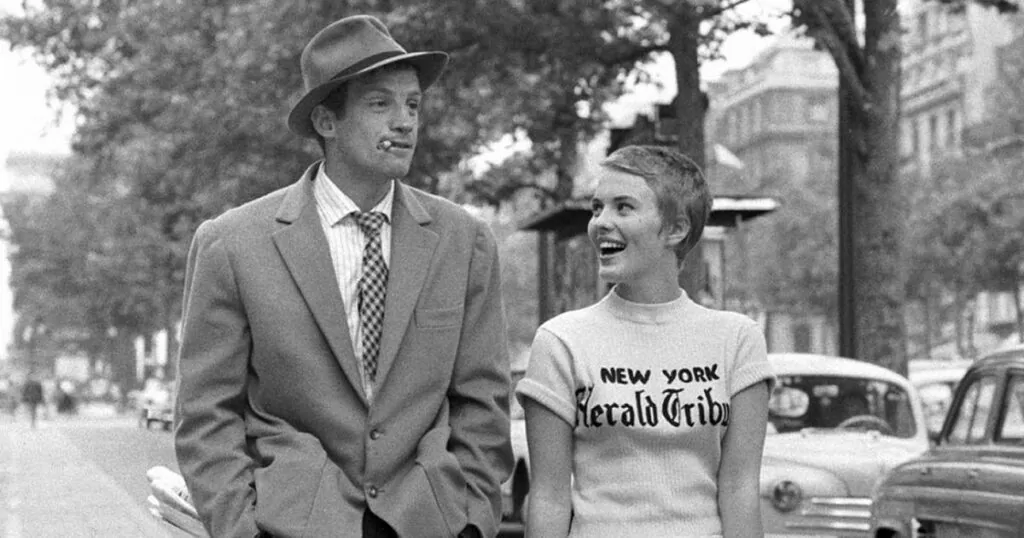
Jean-Luc Godard’s “Breathless” became a manifesto for the French New Wave, liberating directors from traditional filmmaking norms. The emotional resonance of the characters’ existential journey mirrored the film’s revolutionary approach to storytelling, igniting a new wave of cinematic expression.
8. Jurassic Park (1993): Dinosaurs and Emotional Spectacle Revolutionizing CGI
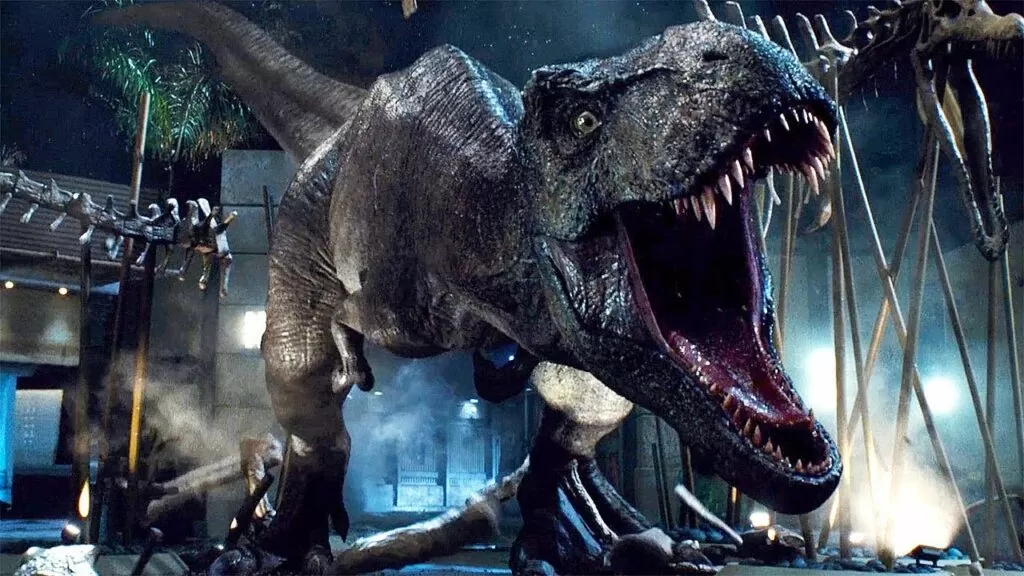
Steven Spielberg’s “Jurassic Park” not only brought dinosaurs to life but transformed CGI in film-making. The emotional impact of witnessing living, breathing dinosaurs revolutionized the possibilities of visual storytelling, forever altering the cinematic landscape.
9. Psycho (1960): Hitchcock’s Emotional Manipulation and Horror Legacy
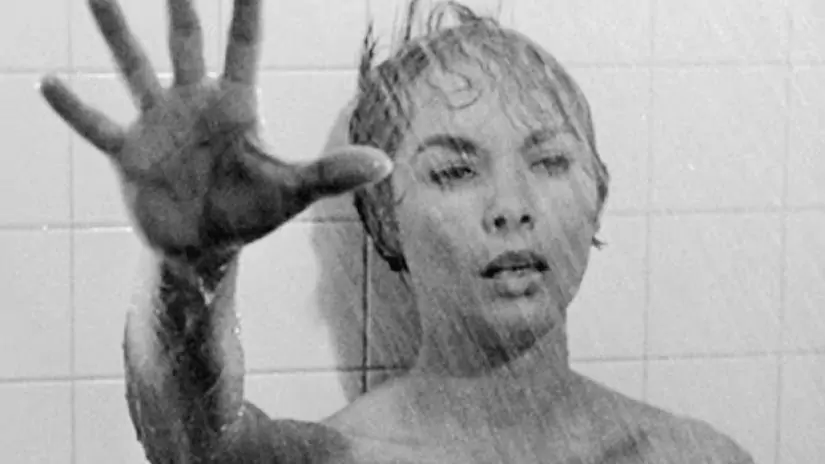
Alfred Hitchcock’s “Psycho” challenged narrative conventions and audience expectations, particularly with its infamous shower scene. The emotional intensity of suspense, storytelling, and shocking twists forever changed the horror genre, leaving a legacy that continues to emotionally resonate.
10. The Birth of a Nation (1915): Examining Legacy Amidst Cinematic Innovation
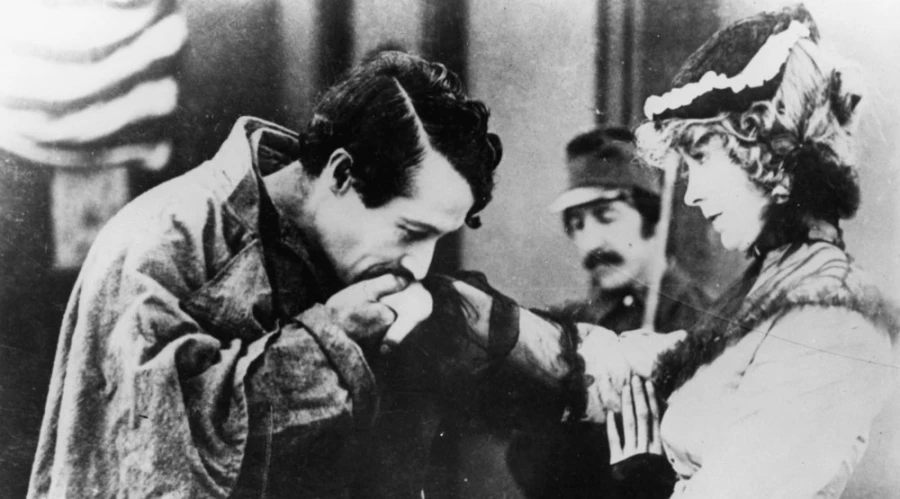
Directed by D.W. Griffith, “The Birth of a Nation” is a controversial yet influential film that introduced narrative and cinematic techniques. Its emotional impact, despite its problematic content, is undeniable, laying the groundwork for modern filmmaking and prompting a critical examination of its legacy.
Filmmaking | Final Words
These top 10 films have not only left an enduring imprint on film-making but have also reshaped how stories are told and visualized on the screen. Through innovation, technological strides, and a willingness to break free from conventions, these films have emotionally resonated with audiences and fellow filmmakers alike. As we celebrate their impact, we acknowledge the transformative power these cinematic masterpieces wielded, forever changing the film-making landscape.
Don’t forget to read more articles here.

